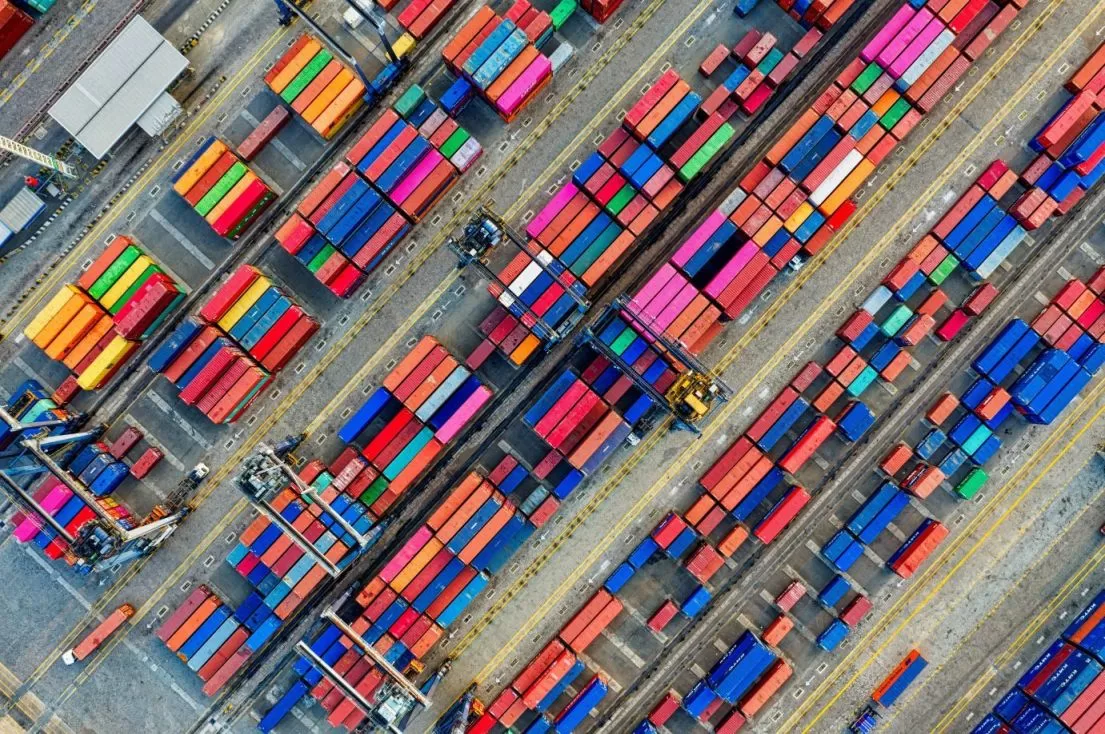
The ongoing Israel-Palestine conflict has a significant impact on global trade, including exports. The following are some ways to safeguard exports during the conflict:
- Diversify export markets. Instead of relying on one or two markets, exporters should spread their risk by diversifying their export markets. This will help to reduce the impact of any disruptions in any one market.
- Use alternative shipping routes. If shipping routes through the Suez Canal are disrupted, exporters can use alternative routes, such as the Cape of Good Hope route.
- Purchase insurance. Exporters can purchase insurance to protect themselves against the risks of political violence and trade disruption.
- Work with governments. Exporters can work with their governments to get support and assistance during times of trade disruption.
Here are some additional tips for safeguarding exports during the Israel-Palestine conflict:
- Monitor the situation closely. Stay up-to-date on the latest developments in the conflict and how it is impacting trade. This will help you to make informed decisions about your exports.
- Be flexible and adaptable. Be prepared to change your export plans if necessary. For example, you may need to switch to a different shipping route or delay a shipment.
- Communicate with your customers. Keep your customers informed of any changes to your export plans. This will help to minimize disruptions to your business relationships.
By following these tips, exporters can safeguard their exports during the Israel-Palestine conflict and reduce the impact on their businesses.
